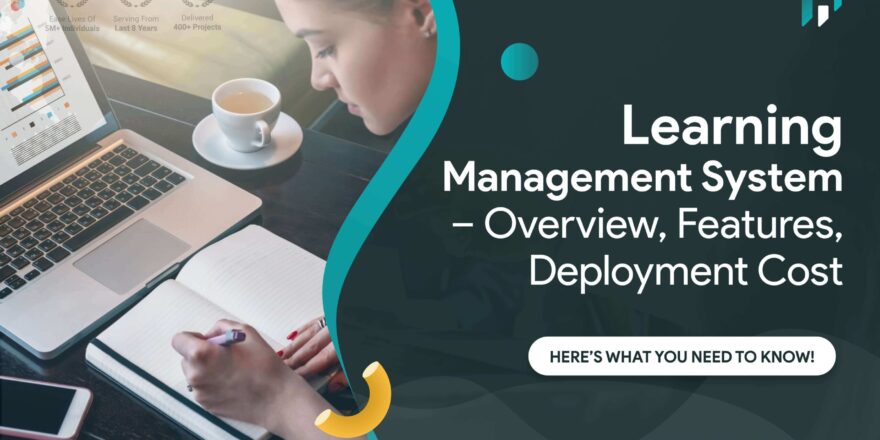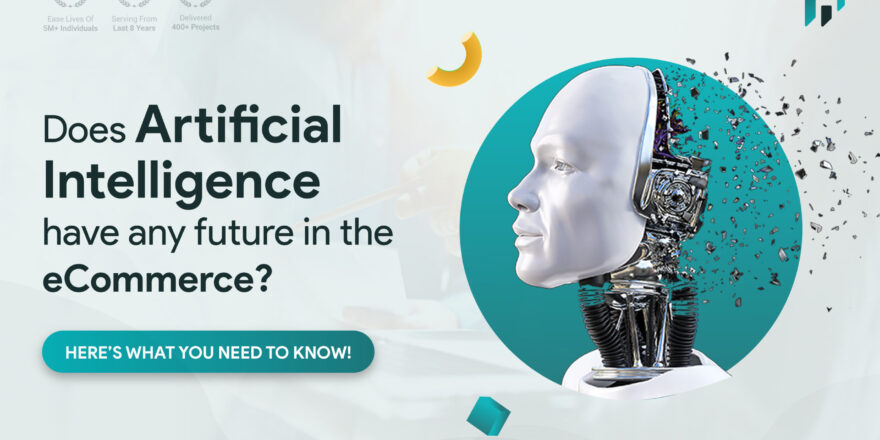In today’s fast-paced business environment, integrating Customer Relationship Management (CRM) systems with Enterprise Resource Planning (ERP) systems is crucial for enhancing operational efficiency and delivering a unified customer experience. However, this integration poses significant challenges. Understanding and overcoming these challenges is essential for any organization aiming to streamline processes and improve data accuracy.
Also Read: Choosing the Right CRM System for Your Small Business: Key Considerations
The Importance of CRM and ERP Integration
CRMs are designed to manage customer interactions, sales processes, and marketing campaigns, whereas ERPs handle core business processes such as accounting, inventory management, and human resources. Integrating these systems enables businesses to:
- Enhance Data Accuracy: Eliminate data silos by providing a single source of truth.
- Improve Efficiency: Streamline workflows and reduce manual data entry.
- Boost Customer Satisfaction: Offer a comprehensive view of customer interactions and history.
Common Integration Challenges
Despite the benefits, integrating CRM and ERP systems is not without its hurdles. Here are some common challenges and ways to address them:
1. Data Synchronization
Challenge: Ensuring that data remains consistent and synchronized across both systems can be difficult. Inconsistent data formats and duplication issues often arise.
Solution: Implement data mapping and transformation processes to standardize data formats. Use middleware or integration platforms that support real-time data synchronization and conflict resolution.
2. Complexity and Customization
Challenge: Both CRM and ERP systems often require customization to meet specific business needs. Integrating these highly customized systems can be complex and resource-intensive.
Solution: Conduct a thorough requirements analysis to understand the customization needs of both systems. Use flexible integration solutions that can adapt to custom configurations without extensive coding.
3. Integration Costs
Challenge: The financial investment required for integration, including software, hardware, and human resources, can be substantial.
Solution: Opt for cloud-based integration platforms that reduce upfront costs and offer scalability. Consider phased integration to spread out expenses over time and achieve quick wins that justify further investment.
4. Security and Compliance
Challenge: Integrating CRM and ERP systems can expose sensitive data to security risks and compliance issues.
Solution: Ensure that both systems and the integration process comply with relevant regulations (e.g., GDPR, HIPAA). Implement robust security measures such as encryption, access controls, and regular security audits.
5. Change Management
Challenge: Employees may resist changes brought by system integration due to unfamiliarity or fear of increased workload.
Solution: Develop a comprehensive change management strategy that includes training, support, and clear communication about the benefits of integration. Involve key stakeholders early in the process to gain their buy-in.
Best Practices for Seamless Integration
To successfully integrate CRM and ERP systems, consider the following best practices:
- Choose the Right Tools: Select integration tools that are compatible with your CRM and ERP systems, and that can handle the specific needs of your business.
- Plan Thoroughly: Develop a detailed integration plan that outlines objectives, timelines, resources, and potential risks.
- Test Extensively: Conduct rigorous testing to ensure that the integration works as intended and that data flows seamlessly between systems.
- Monitor and Maintain: Continuously monitor the integrated systems to identify and resolve issues promptly. Regular maintenance is crucial to ensure long-term success.
Conclusion
Integrating CRM and ERP systems is a complex but rewarding endeavor that can significantly enhance business operations and customer satisfaction. By understanding the challenges and implementing effective solutions, businesses can achieve a seamless integration that drives efficiency and growth.
Ready to take your CRM and ERP integration to the next level? Contact our experts today to learn how we can help you streamline your business processes and achieve a unified system. 🌟





